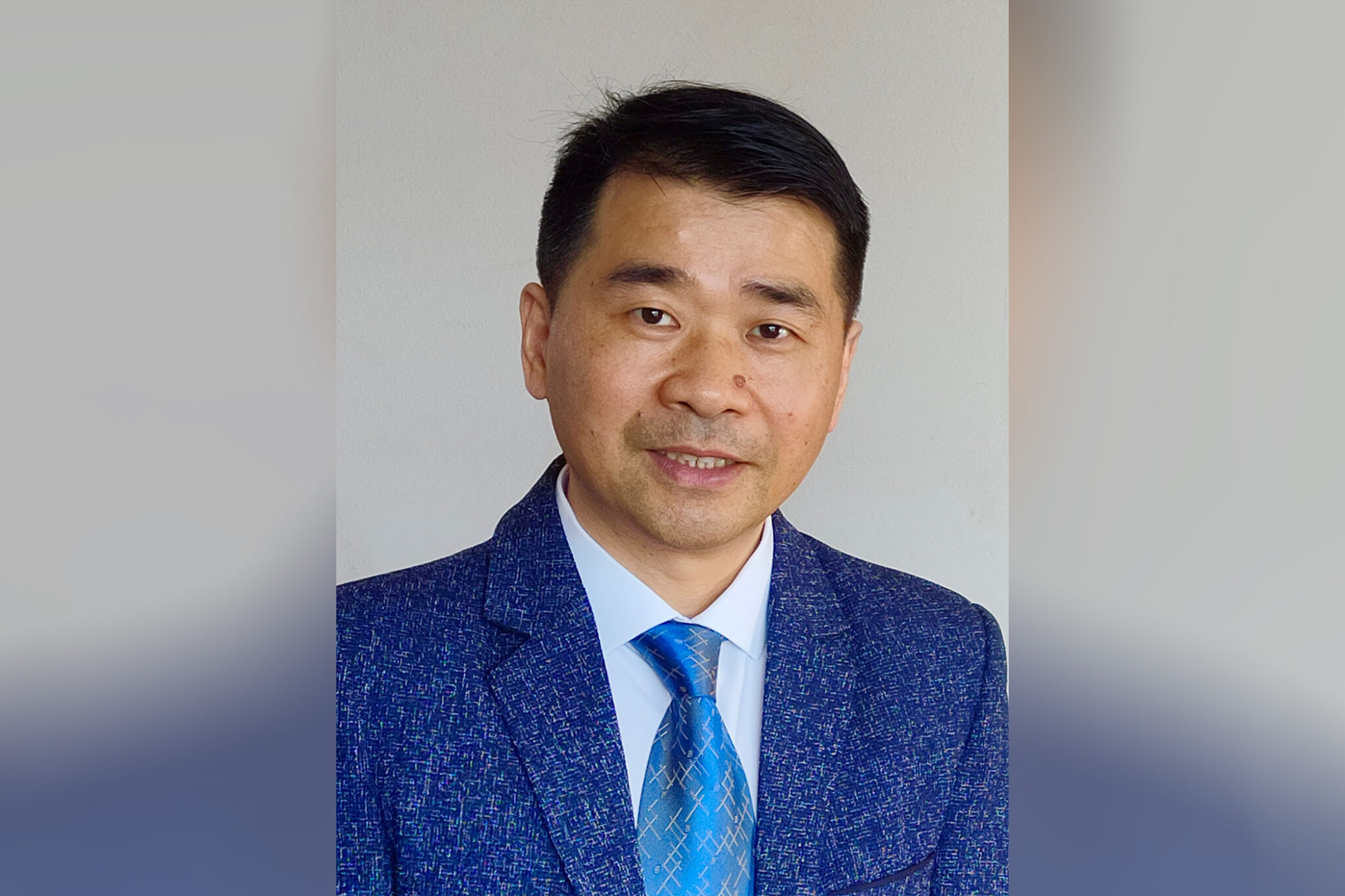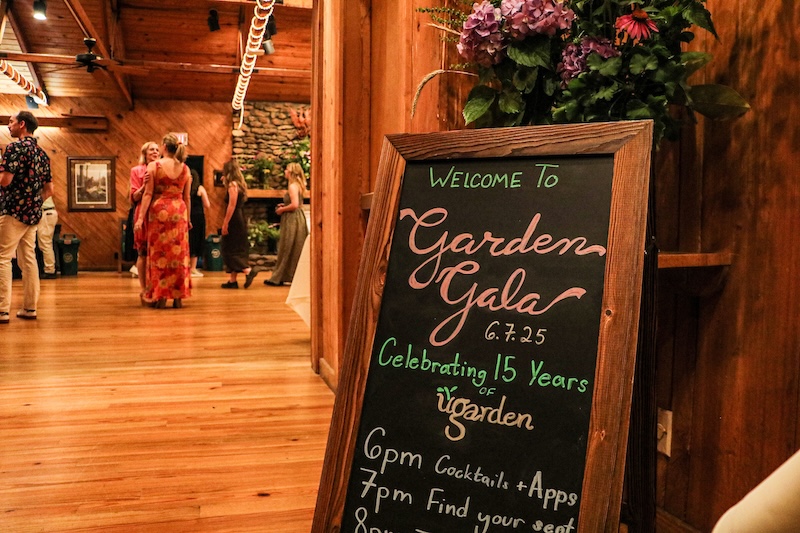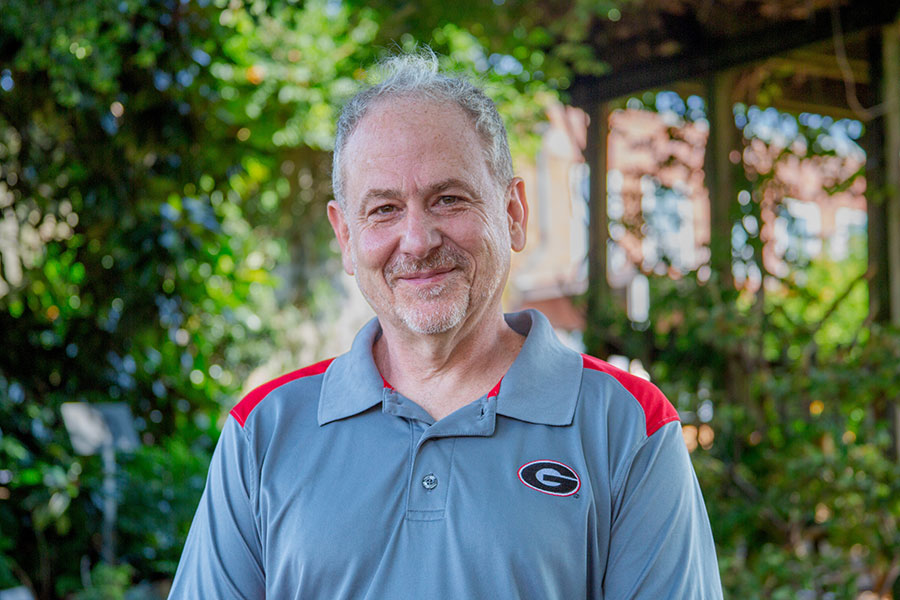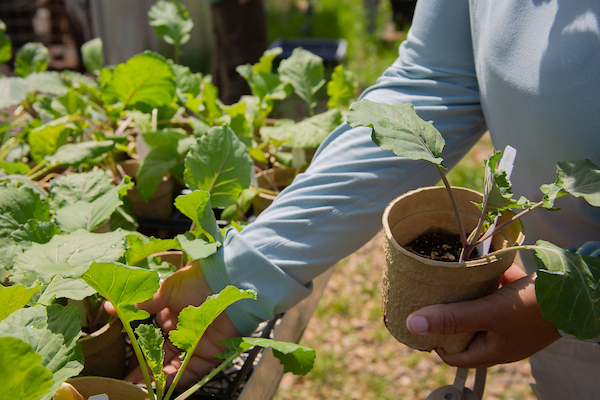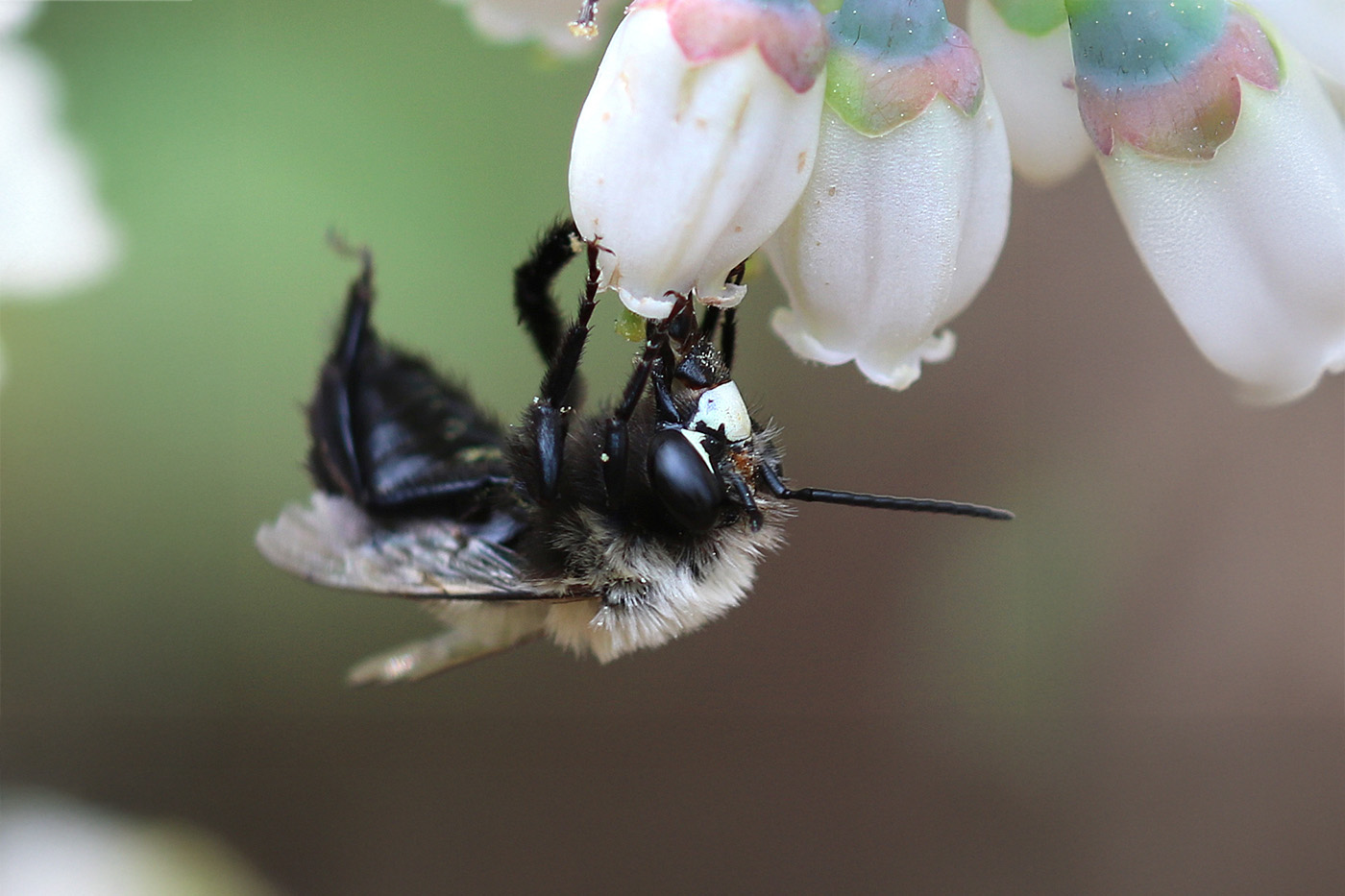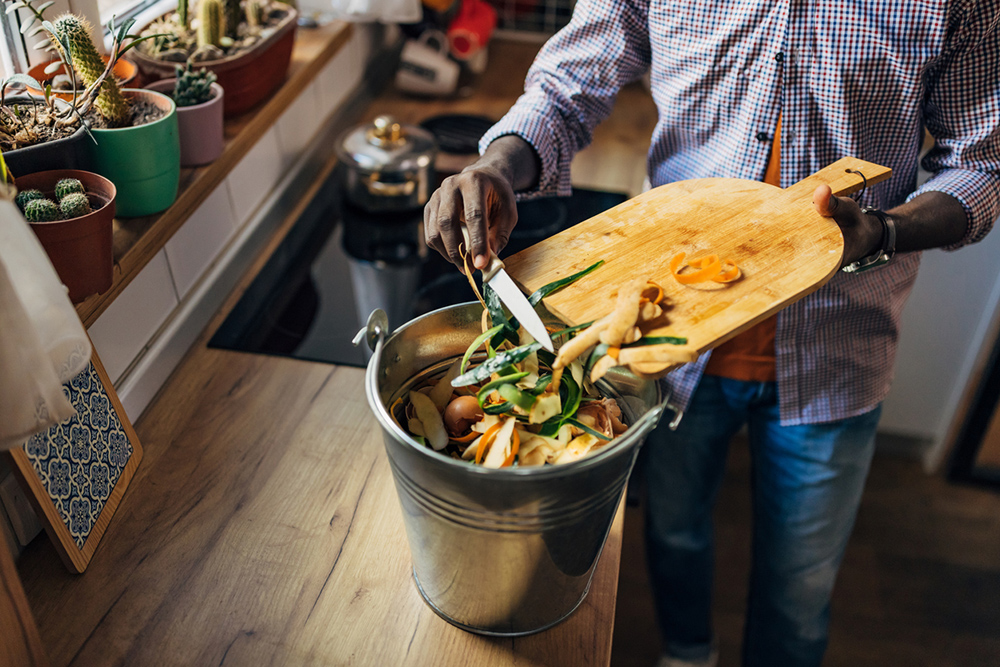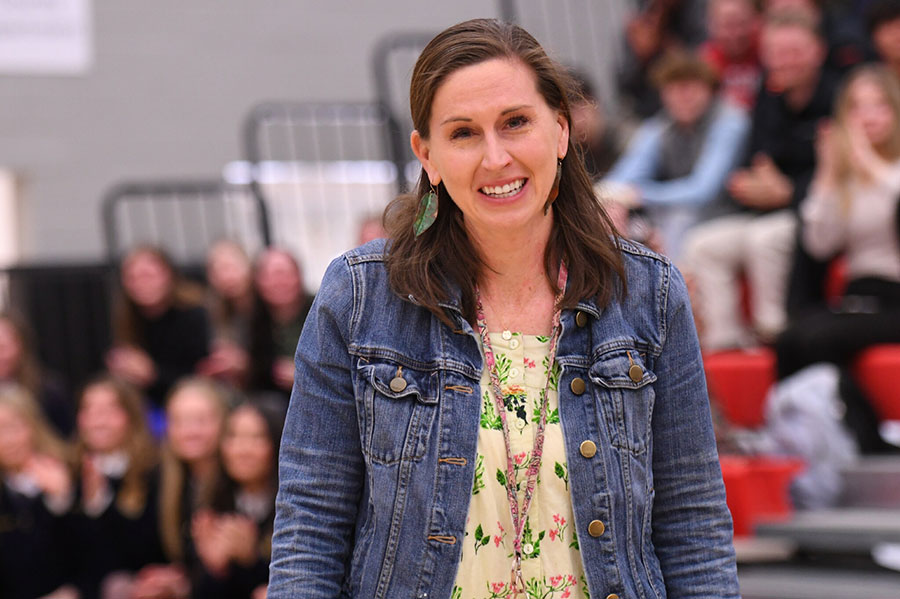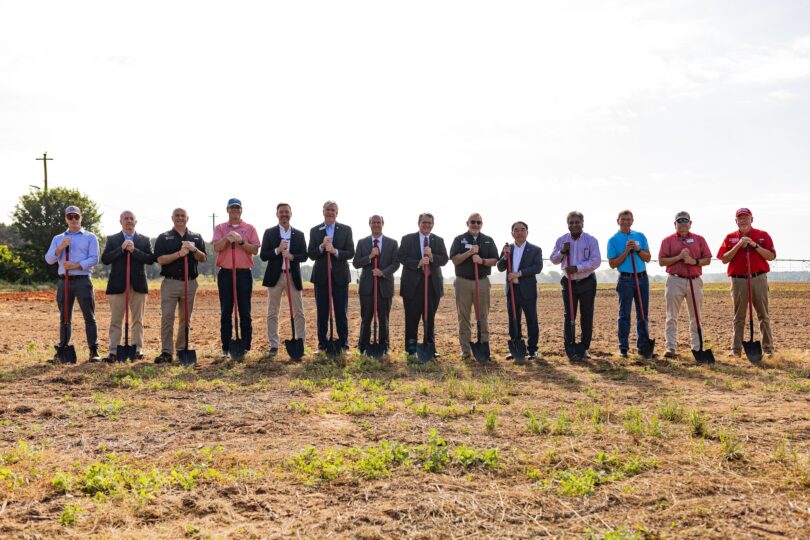 CAES News
CAES News
Global Agricultural Trade
Jesse Cronic, a third-year agricultural and applied economics student in the College of Agricultural and Environmental Sciences, was selected to join the Future Agriculture Leaders Delegation to China, a program organized by the U.S. Soybean Export Council and the U.S. Heartland China Association. The experience offered an immersive look at Chinese agribusiness, trade dynamics and the cultural ties that shape global agriculture.

